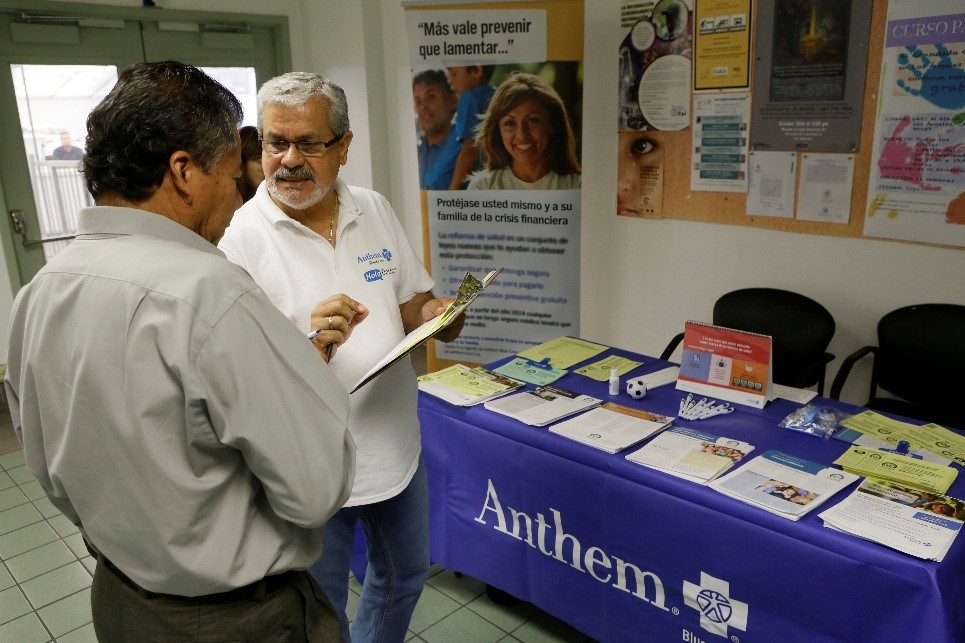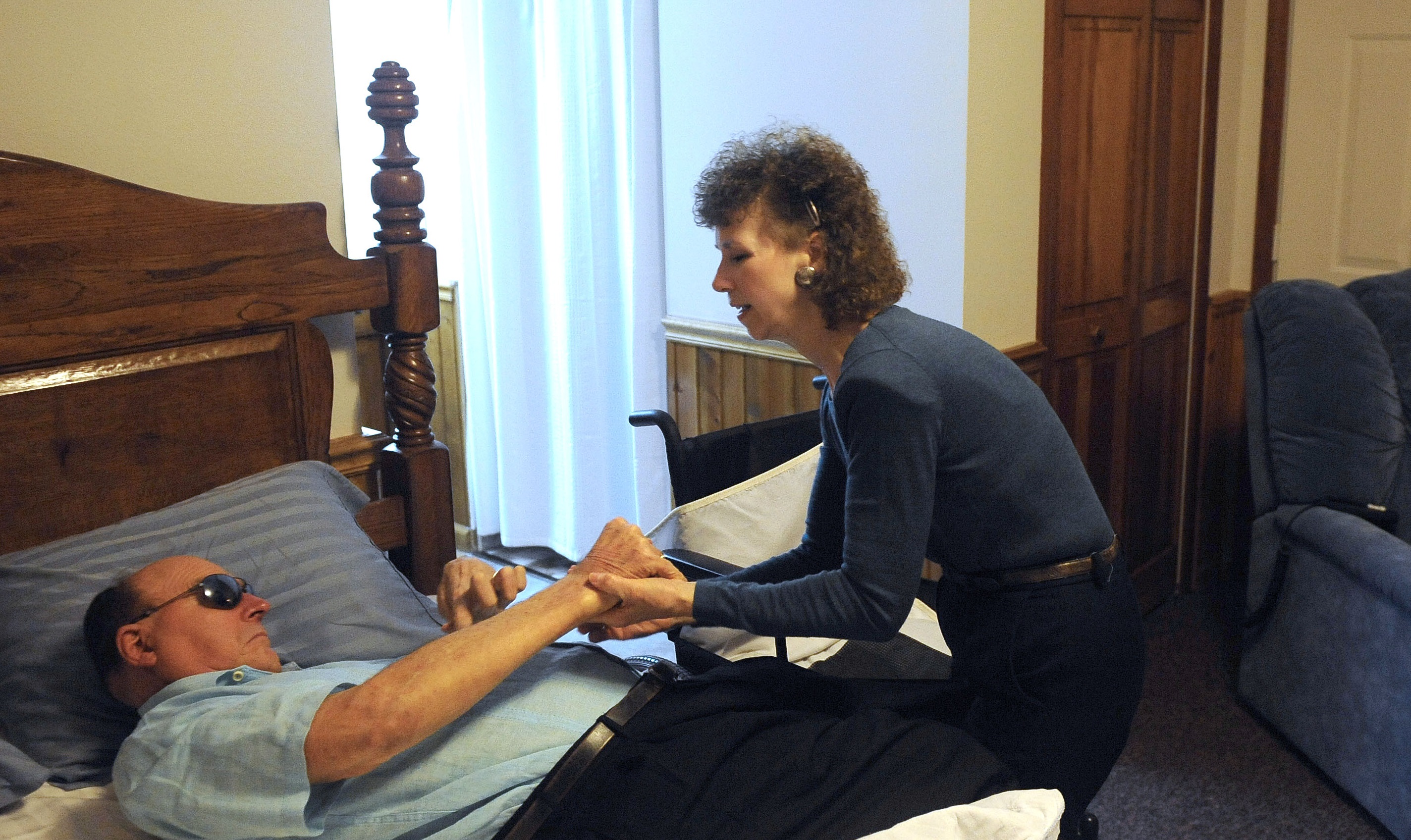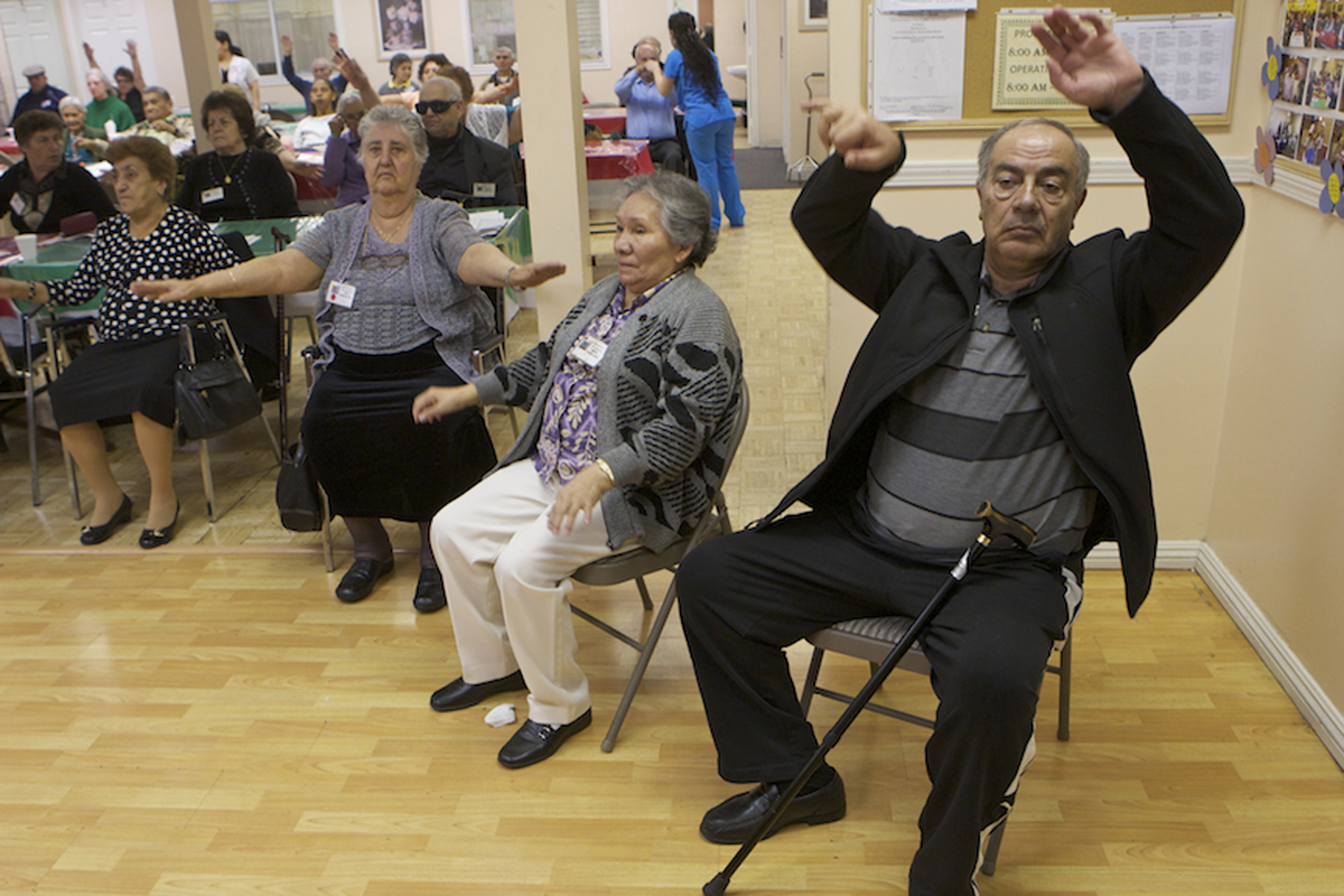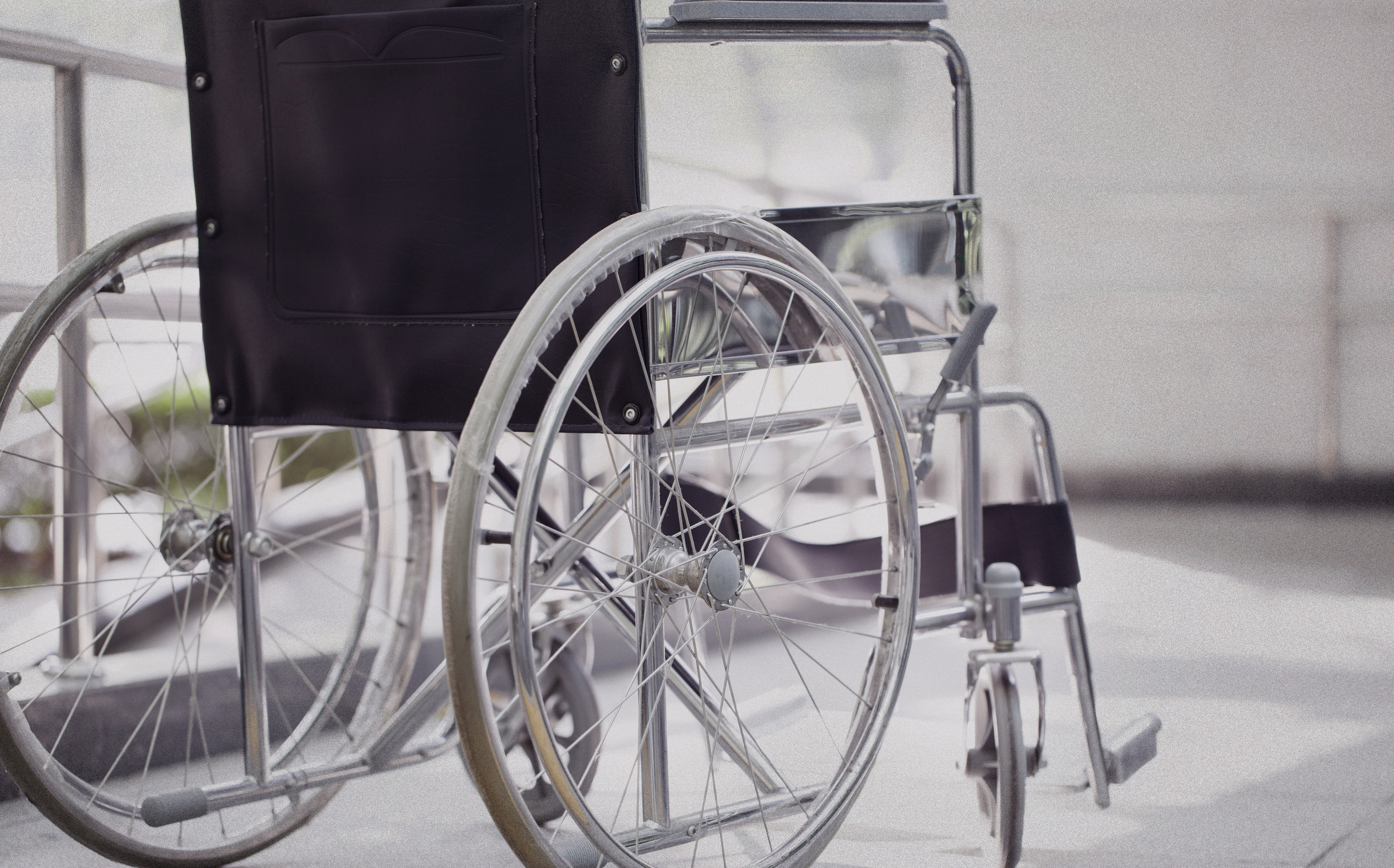
© 2013. AP Photo/Damian Dovarganes
The Associated Press-NORC Center for Public Affairs Research, with funding from The SCAN Foundation, is undertaking a series of studies to assess the aging population’s personal experiences with long-term care in the United States. The second study in the series, released in May 2014, surveyed Americans age 40 or older and detailed who is providing and receiving long-term care, how caregiving impacts family relationships and personal experiences, and which policy measures are favored to improve the long-term care system.
In addition to understanding perceptions about long-term care at the national level, another objective of the 2014 study is to gain a better understanding of how Hispanics in the United States cope with the various aspects of aging and prepare for their own long-term care, and how their experiences compare with other Americans. Census projections indicate that the Hispanic population in the United States will more than double by the year 2060, far outpacing the growth of the non-Hispanic population. By 2060, Hispanics are expected to comprise about 21 percent of the U.S. population age 65 and older.
As this growing population ages, it will greatly impact the national dialogue on how to plan for and finance high-quality, long-term care in the United States.
Providing research and data to inform that dialogue, the AP-NORC Center’s 2014 national survey included an oversample of Hispanics age 40 or older. While Hispanics and non-Hispanics share many of the same long-term care perceptions and experiences, several key differences between these populations emerge. The survey also reveals a number of demographic differences within the Hispanic community, suggesting that Hispanics’ experiences with long-term care in the United States are nuanced.
Three things you should know
From the AP-NORC Center’s Long-Term Care Poll
Among Hispanic and Non-Hispanic Adults Age 40 or older:
- Hispanics are more likely than non-Hispanics to foresee needing long-term care, but report feeling less prepared for that care and are more concerned about the financial consequences.
- Six in 10 Hispanics age 40 or older have experience with long-term care—either as a recipient or a care provider—and the vast majority who have provided care reflect positively on that experience.
- Hispanics support a number of policy proposals that may help Americans address the costs of long-term care, including 71 percent supporting tax breaks to encourage savings.



